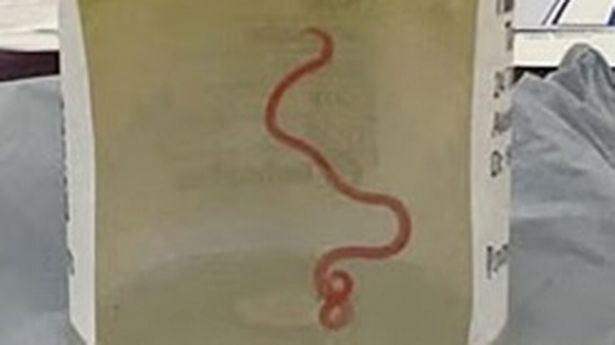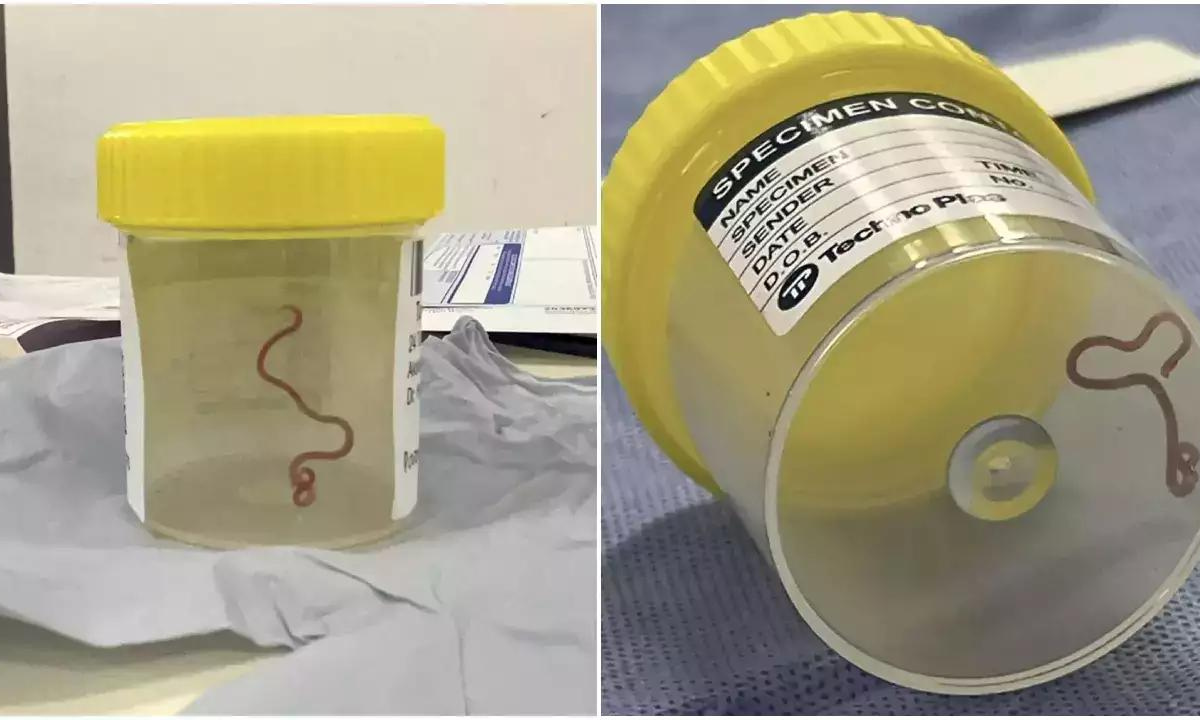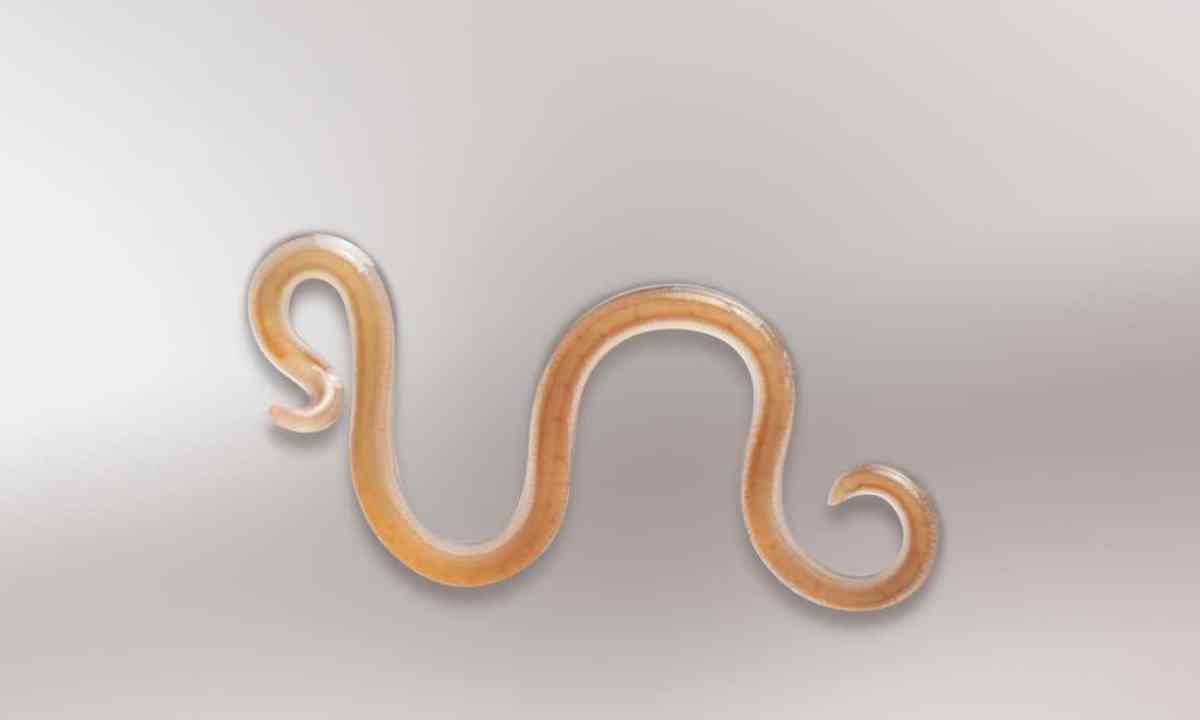In a first for the globe, doctors were able to remove a live parasitic worm measuring 8 cm from the brain of an English woman living in Australia who had been complaining about medical problems.
Ophidascaris robertsi, an 8 cm long worm often found in snakes, especially pythons, was present in the 64-year-old woman. Dr. Hari Priya Bandi, a neurosurgeon, discovered the worm and called Dr. Sanjaya Senanayake, an infectious diseases specialist at Canberra Hospital, as well as several other colleagues.
The Guardian reported that Dr. Hari yelled as she pulled out the worm, “Oh my god, you wouldn’t believe what I just found in this lady’s brain and it’s alive and wriggling.”

The patient, who is from south-eastern New South Wales, was admitted to the hospital in late January 2021 after suffering from stomach ache and diarrhea for continuous three weeks, as well as a persistent dry cough, fever, and night sweats. The patient began to experience symptoms like forgetfulness and despair in the next year. She was then directed to a hospital in Canberra where an MRI of her brain revealed abnormalities.
“But the neurosurgeon certainly didn’t go in there thinking they would find a wriggling worm. Neurosurgeons regularly deal with infections in the brain, but this was a once-in-a-career finding. No one was expecting to find that,” The Guardian quoted Senanayake saying.
The roundworm Ophidascaris robertsi, which is generally seen in pythons, has now been found in humans for the first time. The patient's home is next to a lake where carpet pythons live. Senanayake reported that she routinely harvested native grasses from the lake region, notably New Zealand spinach, for use in cooking, although she had no confrontations with snakes.

The doctors and scientists who are studying her case hypothesize that a python may have dispersed the parasite into the grass through its excrement. Therefore, it is hypothesized that the patient acquired the parasite either from eating the greens or through touching the local grass and spreading the eggs onto food or kitchen utensils.
As the patient's brain was being cleansed of the parasite. The doctors had to make sure that there were no further worms or larvae in any other areas of the body. The medical professionals had to proceed with particular caution because there had been no prior therapy. Some drugs may cause organ inflammations, which may have potentially fatal side effects.
The journal Emerging Infectious Diseases has published information about this unusual instance. The patient is doing well, according to the doctors, and she is periodically checked for any new symptoms.
According to data from the US Centers for Disease Control and Prevention, animals are the source of 75% of new or emerging infectious illnesses that affect humans.
© Copyright 2023. All Rights Reserved Powered by Vygr Media.



















